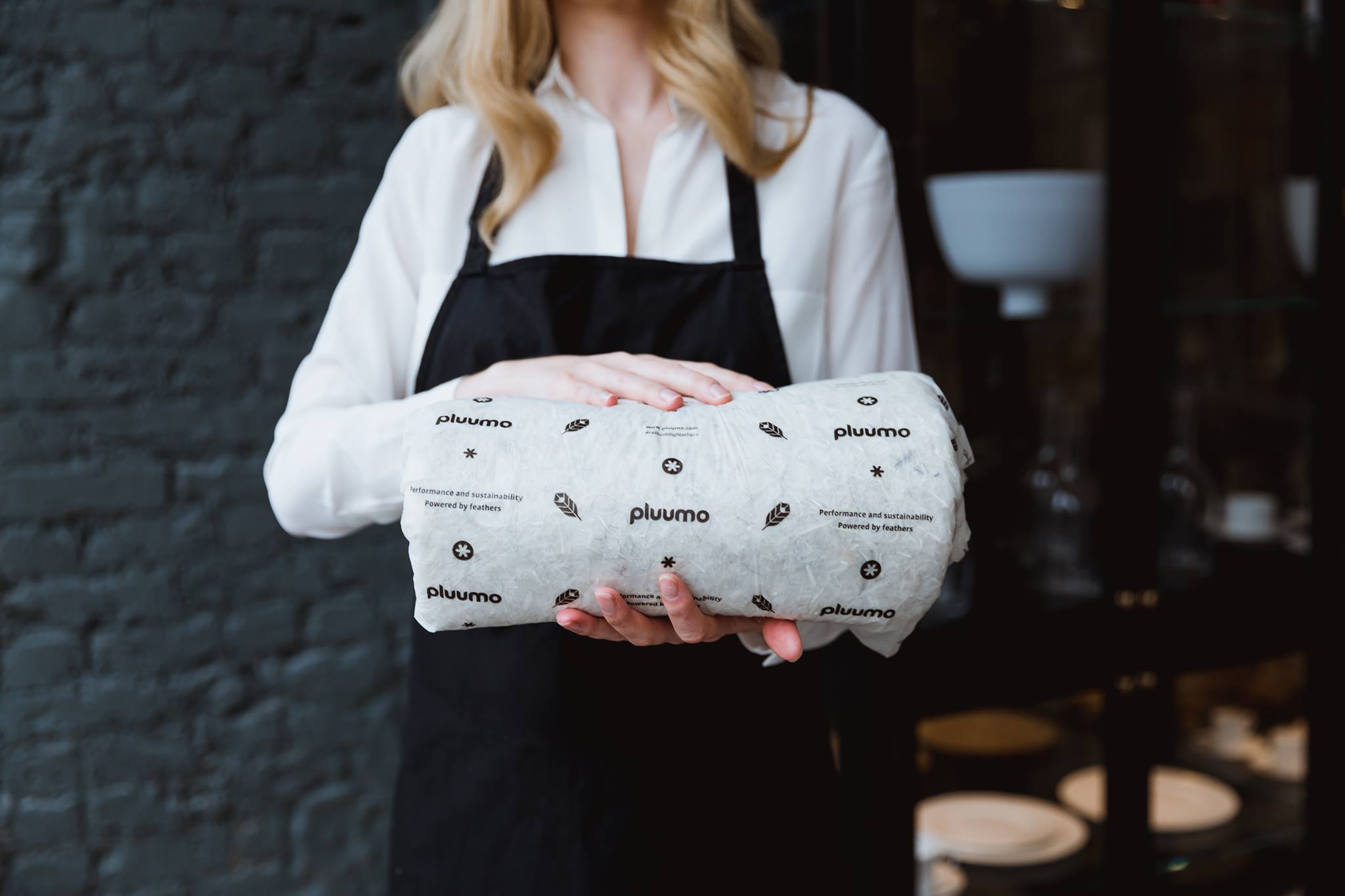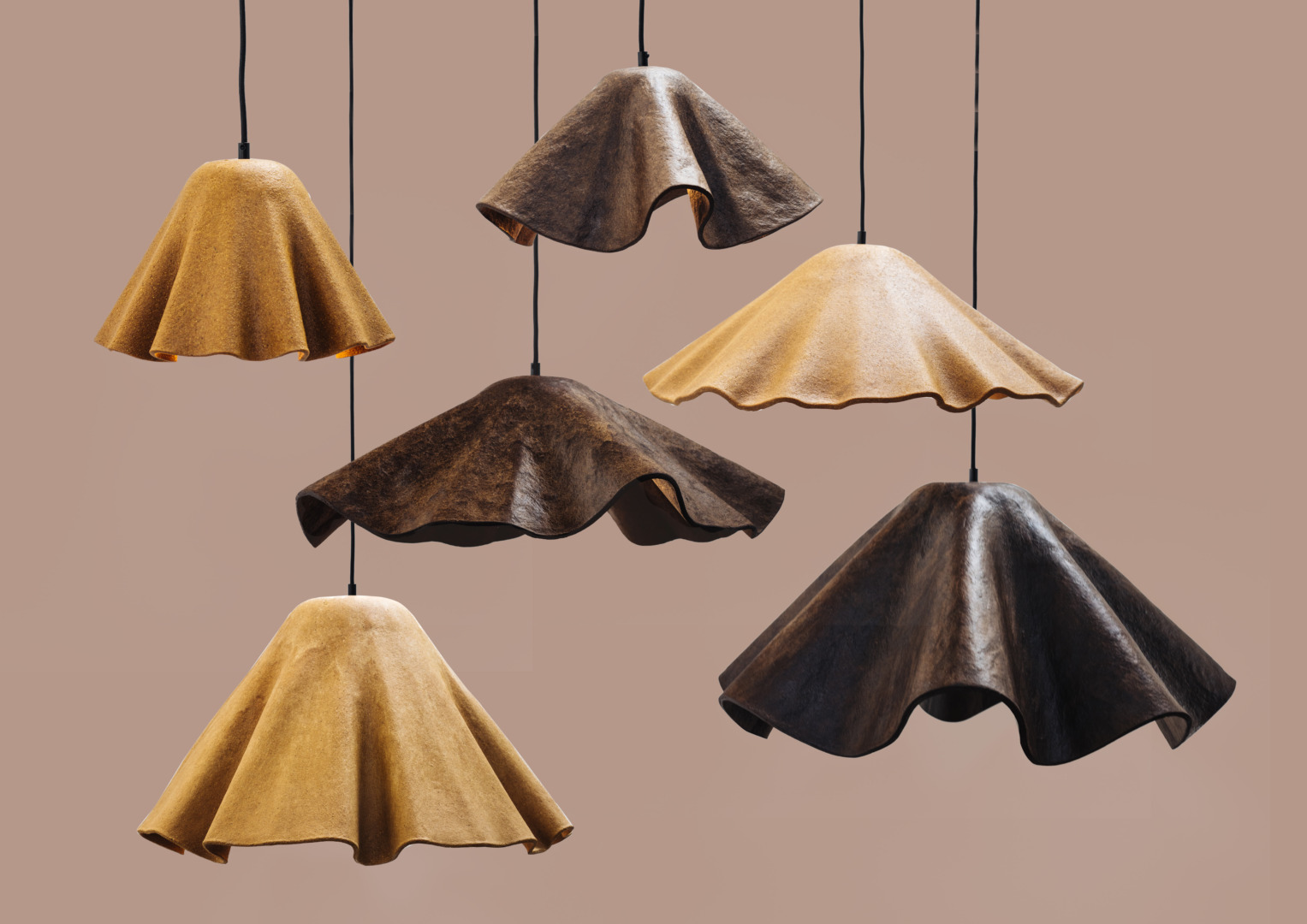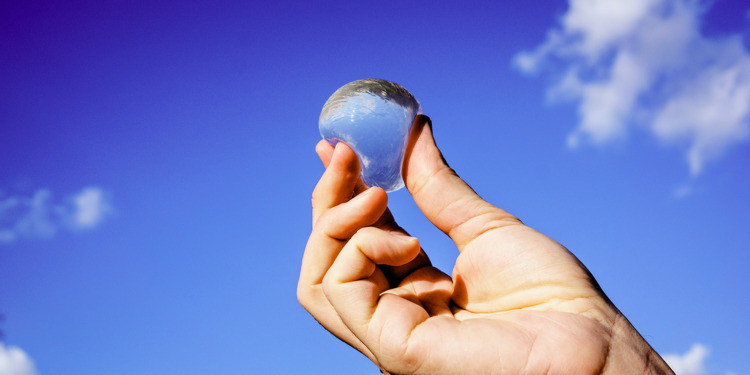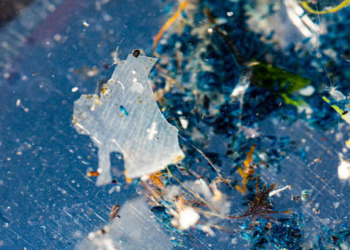Our planet’s dwindling resources and mounting waste crisis demand an urgent shift away from the entrenched “take-make-waste” linear economy. Enter the circular economy — a revolutionary framework that reimagines our relationship with resources, prioritizing regeneration, recovery, and closed-loop systems to minimize environmental strain. At the forefront of this transformative movement are trailblazing startups pioneering circular solutions.
From cultivating sustainable materials from nature’s own renewables to repurposing waste streams into valuable resources, these disruptors are challenging the status quo. This article spotlights five such startups demonstrating the boundless potential of the circular economy.
Circular Economy Startups: Our Selection
Tulu
Tulu is an innovative property technology (also known as “proptech”) startup based in New York City that aims to revolutionize the way residents access and utilize household products and appliances. Their unique concept involves installing “smart rooms” within residential buildings, which are essentially dedicated spaces stocked with a curated selection of appliances, tools, gadgets, and even household staples.
View this post on Instagram
In September 2022, Tulu raised USD $25 million through a Series A round, with investors including Regeneration.CV, a firm backed by Leonardo DiCaprio.
Tulu has rapidly expanded its reach, forging partnerships with major New York City landlords as well as residential properties across the globe, now operating in over 20 cities and servicing more than 70,000 households. Their mission, encapsulated in the quote, “Own less, live more,” reflects Tulu’s core philosophy of providing residents with on-demand access to a wide range of products and appliances without the need for individual ownership.
View this post on Instagram
LiquiDonate
LiquiDonate, a startup founded in 2021 by Disney Petite and Chai Nadig, has been named to The Leading 100 List by The Lead for the second consecutive year. The startup helps retailers sustainably manage excess inventory and unsold products by facilitating donations to nonprofit organizations.
The startup’s innovative model seamlessly matches these excess goods with non-profit organizations and schools nationwide, providing a cost-effective and environmentally-friendly alternative to traditional liquidation methods or discarding unwanted items. By facilitating the donation of excess inventory, Liquidonate’s approach benefits both retailers, who save on disposal costs, and non-profit recipients, who gain access to valuable resources for their programs and beneficiaries.
In November 2022, the startup secured USD $2.25 million in seed funding led by Uncork Capital, fueling its ability to scale its innovative solution. Disney Petite also commented on a recent Capital D funding. With growing traction and a mission to drive positive impact, Liquidonate is a promising startup poised to transform how the retail industry manages excess inventory while minimizing environmental waste.
Related articles: How to Shift to, Grow, and Build Circular Economy | 5 Indian Sustainable Startups to Watch This Fall | Five Sustainable Startups From Bogotà | 4 Ways to Reduce Plastic Pollution | 5 Alternative Protein Startups to Watch | 9 Sustainable Startups From the Baltic Countries to Watch | Why We Need a Transformative Circular Economy
Notpla
Another in our selection of circular economy startups, Notpla pioneers sustainable packaging solutions derived from seaweed and other plant-based materials. Founded in 2014, this London-based venture aims to disrupt the traditional packaging industry with environmentally-friendly plastic alternatives.
Notpla’s diverse product portfolio includes a range of ingenious solutions, such as the Ooho water pod — a completely edible seaweed-based capsule for water consumption. Beyond the Ooho, Notpla develops plant-based coatings that can replace plastic film for food applications, helping extend the shelf life of perishable items like lettuce. They also offer sustainable alternatives for takeaway containers and shipping materials.
View this post on Instagram
The startup has partnered with major corporations like Unilever, demonstrating the scalability and potential of their solutions. Impressively, Notpla’s innovative approach earned them the 2022 Earthshot Prize in the “Build a Waste-Free World” category as well as the World Economic Forum’s Technology Pioneer award in 2023.
Aeropowder
Aeropowder is a Dutch frontrunner taking an innovative approach to tackling waste by repurposing an unexpected resource — surplus feathers from the poultry industry. Founded in 2015 as a student project, this award-winning circular economy startup has evolved into a sustainable materials company pioneering the transformation of feathers into high-performance products.
Through a patent-pending process, Aeropowder engineers feathers into valuable materials. Their first creation, Pluumo, is a game-changer in the packaging industry — a thermal insulation material made entirely from feathers, offering a sustainable alternative to traditional options like styrofoam. Pluumo boasts superior performance, keeping products colder for longer during transport while avoiding plastic waste.

Aeropowder’s vision extends far beyond packaging solutions, as they recognize the vast potential of feathers as a versatile resource. The company actively explores applications across various industries, potentially leading to the development of sustainable construction materials, furniture components, or even fashion textiles.
Biohm
Based in London, Biohm is revolutionizing the construction industry with innovative bio-based building materials derived from the root structure of fungi, mycelium.
The startup’s approach? Cultivating mycelium using agricultural waste like sawdust or straw as a growing medium. This fast-growing network of fungal threads acts as a natural binder, forming a strong and versatile bio-composite material suitable for various construction applications. Their mycelium-based products offer impressive fire resistance, insulation properties, and sustainability benefits, disrupting the traditional industry’s reliance on environmentally-harmful options like concrete and bricks.

The lightweight nature of Biohm’s products also reduces the carbon footprint associated with construction projects, promoting a more sustainable and functional approach to building.
Biohm’s tech holds immense potential for the future of construction: their bio-based materials can be applied to various applications, from building panels and insulation to furniture and beyond.
Editor’s Note: The opinions expressed here by the authors are their own, not those of Impakter.com — In the Cover Photo: Startup Notpla’s edible seaweed-based capsule for water consumption, the “Ooho water pod.” Cover Photo Credit: Notpla.










